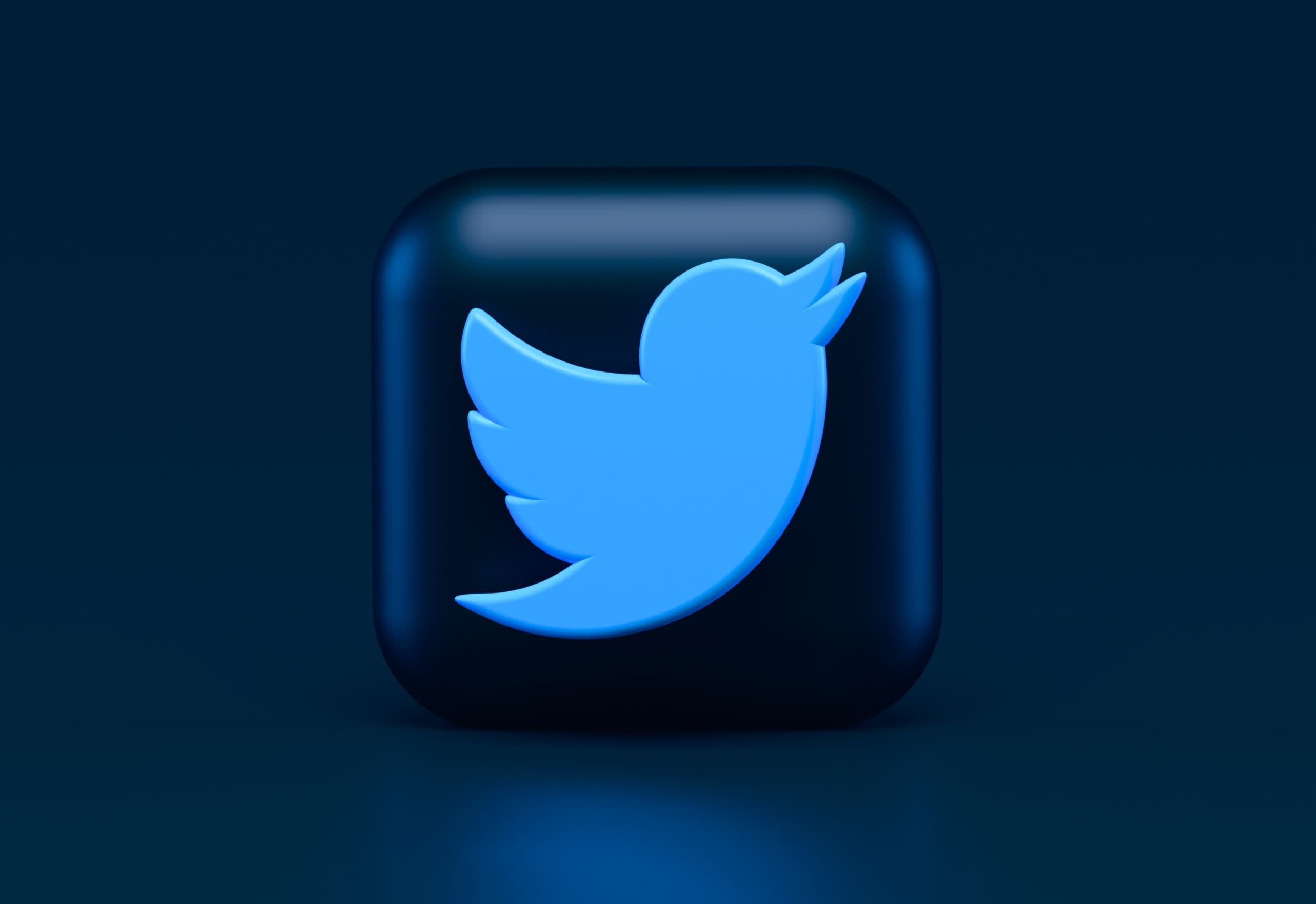The big picture: Social networking platforms like Twitter and Facebook have reshaped how information is presented and discovered on the Internet. Of course, not everyone is happy with how things turned out – even those that played a pivotal role in how we got here.

Twitter co-founder Jack Dorsey in a recent tweet recalled the glory days of the earlier Internet, describing platforms like Usenet, IRC, the web and even e-mail (with PGP) as amazing. "Centralizing discovery and identity into corporations really damaged the Internet," Dorsey added.
He even conceded he was partially to blame and regrets it.
the days of usenet, irc, the web...even email (w PGP)...were amazing. centralizing discovery and identity into corporations really damaged the internet.
— jack⚡️ (@jack) April 2, 2022
I realize I'm partially to blame, and regret it.
Dorsey co-founded Twitter in 2006 and became its first CEO, just as Myspace was nearing peak popularity and Facebook was preparing to surpass it. He relinquished the position in 2008, but returned for a second term in 2015 before stepping down again in 2021.
Dorsey's admission of regret is atypical, but since he is no longer involved with Twitter, he's free to speak his mind openly.
Arguments can be made on both sides of the aisle with regard to which version of the Internet – past or present – is "better." Proponents of the early Internet will point to its decentralized nature and the sense of wonder it presented. At times, it truly felt like anything was possible.
Today's Internet has permeated nearly every facet of modern society. It's way more accessible and capable than the Internet of yesteryear, and light years faster. This always-on, instant gratification has had some unintended consequences (privacy concerns, for example), but has also improved the quality of life for many millions of people.
Image credit Alexander Shatov
https://www.techspot.com/news/94043-jack-dorsey-regrets-helping-create-centralized-internet.html